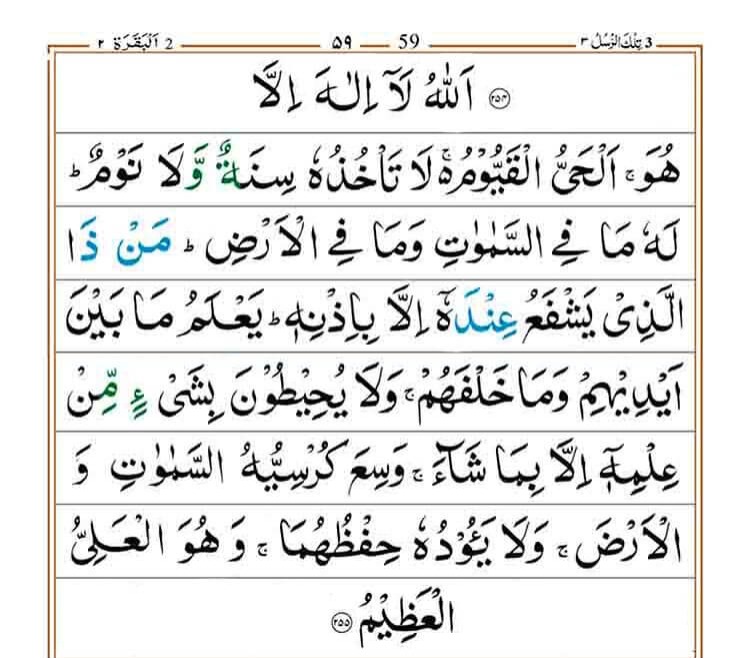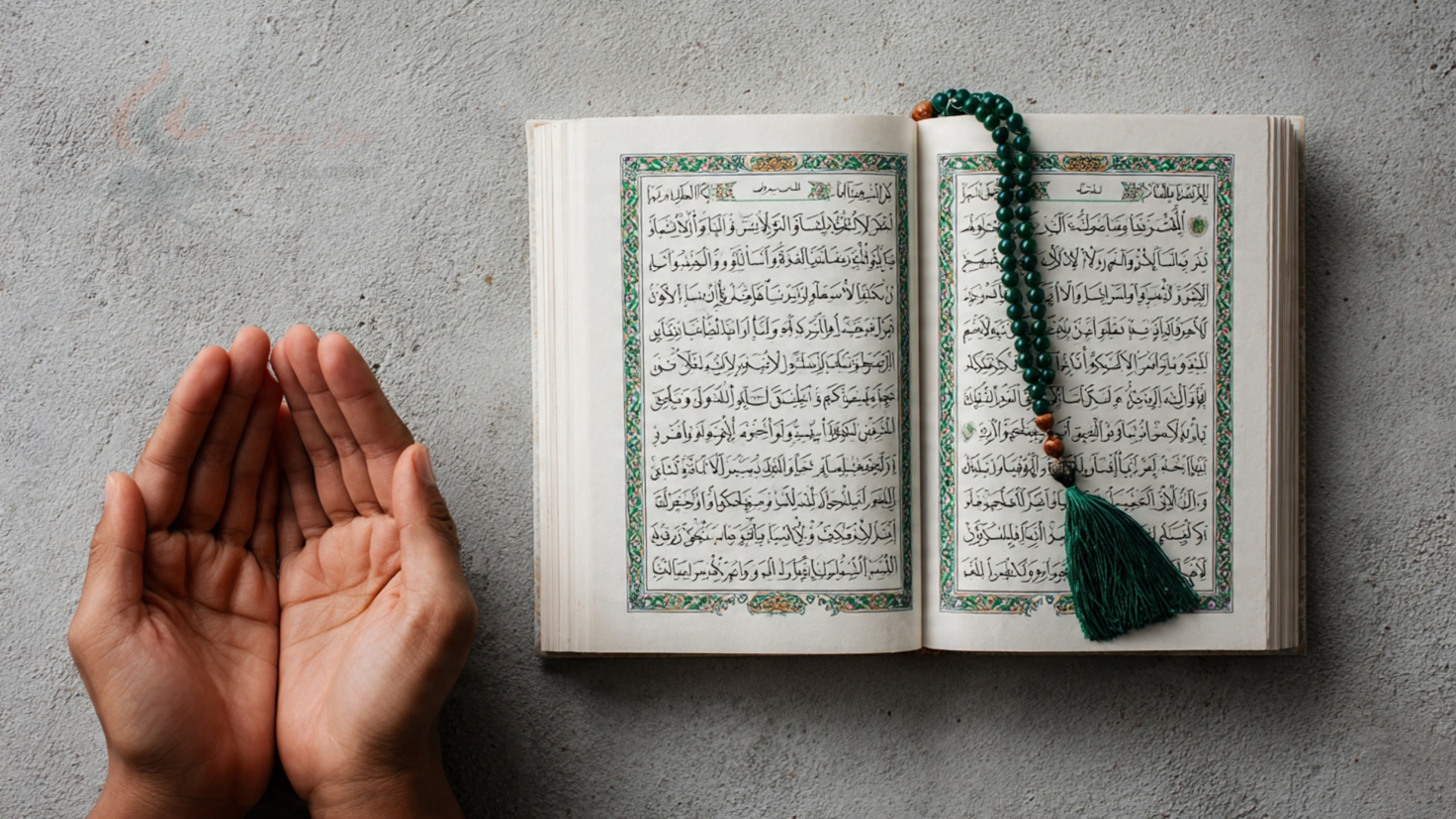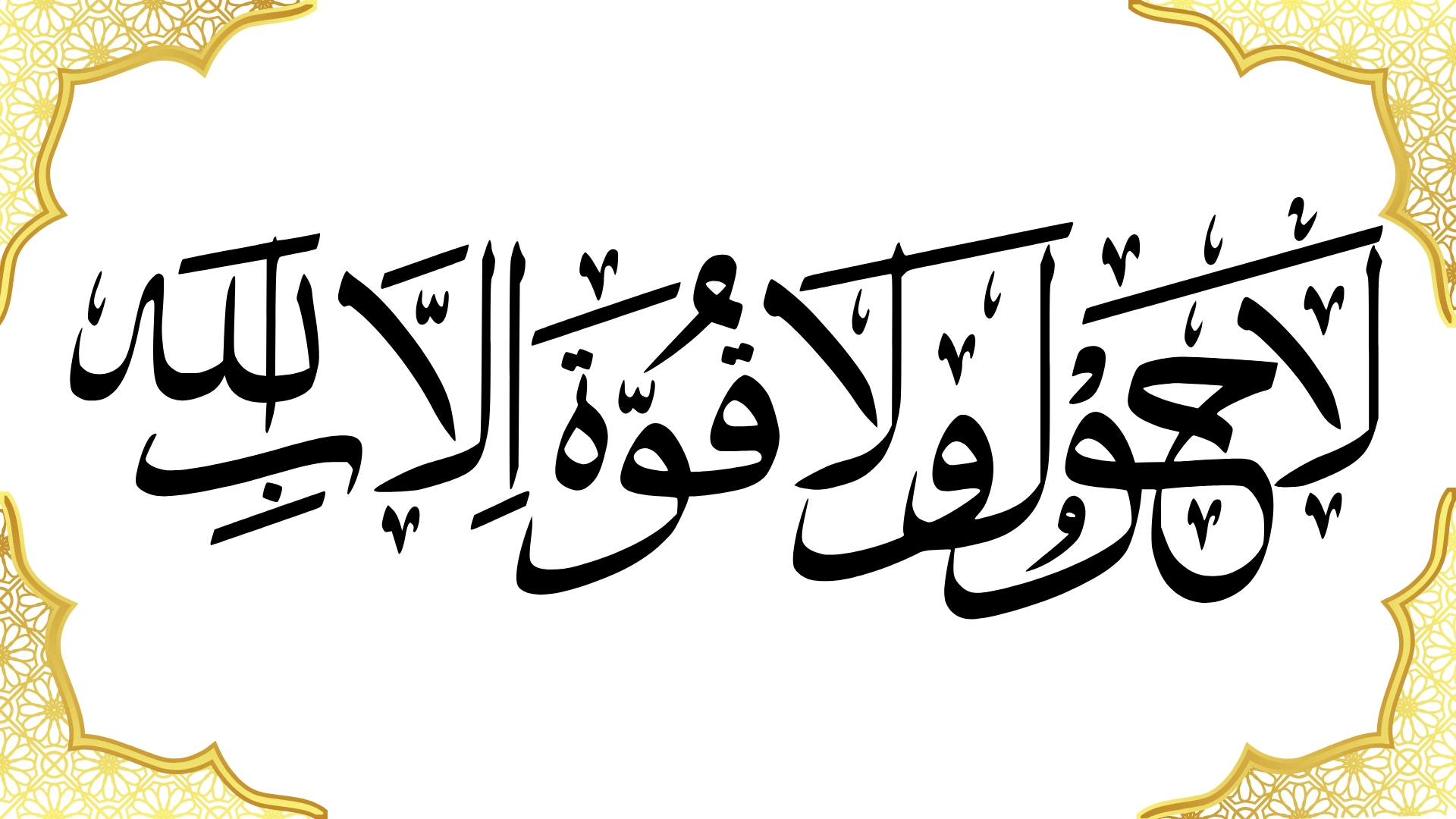The Quran is a sacred book with deep wisdom and guidance. It is divided into chapters called Surahs, made up of verses called Ayat. Muslims believe every Ayah holds a unique message from Allah. Understanding the number and significance of Ayat helps create a stronger connection to this holy text.
Scholars agree that the Quran has 6,236 Ayat if “Bismillah” is excluded from the count. When included, the number rises to 6,349. Some scholars calculate 6,666 Ayat due to differences in splitting or counting long verses. These variations show the depth and meticulous focus in studying the Quran.
Recognizing the total number of Ayat is just the beginning. True value lies in understanding their meanings and lessons. Each Ayah inspires reflection and can transform lives. Learning and acting upon these verses allows believers to grow spiritually and feel closer to Allah.
With EQURAN ZONE, you’re not just counting the ayat but exploring the depths of their significance, the context in which they were revealed, and the wisdom they hold.
Understanding The Number and Significance of Ayat in the Quran
The Quran is more than just a collection of holy verses; it is the ultimate source of guidance, wisdom, and spirituality for Muslims globally. The verses, known as Ayat, are rich in meaning, context, and divine wisdom. While knowing the number of Ayat is valuable, understanding their significance and teachings is the true essence of this sacred text.
What Is an Ayah in the Quran?
The word “Ayah” comes from Arabic, meaning “sign” or “miracle.” Each Ayah is a distinct verse of the Quran and is considered a sign of Allah’s guidance. The Quran is divided into 114 chapters, called Surahs, and these Surahs consist of varying numbers of Ayat.
Ayat covers everything from theological concepts to moral values, personal conduct, and laws for society. Muslims recite, memorize, and reflect on these verses, deepening their connection to Allah and His teachings.
How Many Ayats Are in the Quran?
The total number of Ayat in the Quran varies slightly depending on different scholarly interpretations, as shown in the table below:
| Ayat Count | Explanation |
| 6,236 | Without counting “Bismillah” as individual Ayat. |
| 6,349 | Counting “Bismillah” at the start of each Surah. |
| 6,666 | Based on some scholars’ interpretations. |
This variation arises from differences in dividing longer verses or including “Bismillah” at the start of each chapter.
The “Bismillah” Factor
Each Surah begins with “بِسْمِ اللَّهِ الرَّحْمَٰنِ الرَّحِيمِ” (Bismillah-ir-Rahman-ir-Raheem), meaning “In the Name of Allah, the Most Gracious, the Most Merciful.” However, Surah At-Tawbah is an exception, as it does not start with this phrase. Surah An-Naml features “Bismillah” twice, once at the start and again in verse 30.
The Longest and Shortest Ayat in the Quran
Longest Ayah
The longest verse of the Quran is Ayat al-Dayn (The Verse of Debt) in Surah Al-Baqarah, 2:282.
﴿ ﴿يَا أَيُّهَا الَّذِينَ آمَنُوا إِذَا تَدَايَنتُم بِدَيْنٍ إِلَىٰ أَجَلٍ مُّسَمًّى فَاكْتُبُوهُ ۚ وَلْيَكْتُب بَّيْنَكُمْ كَاتِبٌ بِالْعَدْلِ ۚ وَلَا يَأْبَ كَاتِبٌ أَن يَكْتُبَ كَمَا عَلَّمَهُ اللَّهُ ۚ فَلْيَكْتُبْ وَلْيُمْلِلِ الَّذِي عَلَيْهِلْحَقُّ وَلْيَتَّقِ اللَّهَ رَبَّهُ وَلَا يَبْخَسْ مِنْهُ شَيْئًا ۚ فَإِن كَانَ الَّذِي عَلَيْهِ الْحَقُّ سَفِيهًا أَوْ ضَعِيفًا أَوْ لَا يَسْتَطِيعُ أَن يُمِلَّ هُوَ فَلْيُمْلِلْ وَلِيُّهُ بِالْعَدْلِ ۚ وَاسْتَشْهِدُوا شَهِيدَيْنِ مِن رِّجَالِكُمْ ۖ فَإِن لَّمْ يَكُونَا رَجُلَيْنِ فَرَجُلٌ وَامْرَأَتَانِ مِمَّن تَرْضَوْنَ مِنَ الشُّهَدَاءِ أَن تَضِلَّ إِحْدَاهُمَا فَتُذَكِّرَ إِحْدَاهُمَا الْأُخْرَىٰ ۚ وَلَا يَأْبَ الشُّهَدَاءُ إِذَا مَا دُعُوا ۚ وَلَا تَسْأَمُوا أَن تَكْتُبُوهُ صَغِيرًا أَوْ كَبِيرًا إِلَىٰ أَجَلِهِ ۚ ذَٰلِكُمْ أَقْسَطُ عِندَ اللَّهِ وَأَقْوَمُ لِلشَّهَادَةِ وَأَدْنَىٰ أَلَّا تَرْتَابُوا ۖ إِلَّا أَن تَكُونَ تِجَارَةً حَاضِرَةً تُدِيرُونَهَا بَيْنَكُمْ فَلَيْسَ عَلَيْكُمْ جُنَاحٌ أَلَّا تَكْتُبُوهَا ۗ وَأَشْهِدُوا إِذَا تَبَايَعْتُمْ ۚ وَلَا يُضَارَّ كَاتِبٌ وَلَا شَهِيدٌ ۚ وَإِن تَفْعَلُوا فَإِنَّهُ فُسُوقٌ بِكُمْ ۗ وَاتَّقُوا اللَّهَ ۖ وَيُعَلِّمُكُمُ اللَّهُ ۗ وَاللَّهُ بِكُلِّ شَيْءٍ عَلِيمٌ﴾
[ البقرة: 282]
English – Sahih International
2:282 O you who have believed, when you contract a debt for a specified term, write it down. And allow a scribe to accurately record it between you. Let no scribe refuse to write as Allah has taught him. So let him write and let the one who has the obligation dictate. And let him fear Allah, his Lord, and not leave anything out of it. But if the one who has the obligation is of limited understanding or weak or unable to dictate himself, then let his guardian dictate in justice. And bring to witness two witnesses from among your men.
And if there are not two men [available], then a man and two women from those whom you accept as witnesses – so that if one of the women errs, then the other can remind her. When called upon, the witnesses should not decline. And do not be [too] weary to write it, whether it is small or large, for its [specified] term. That is more righteous in Allah’s eyes, stronger as evidence, and more likely to prevent disagreement between you, unless it is an immediate transaction between you. If you do not write it, then you are not to blame. And take witnesses when you conclude a contract. Let no scribe or any witness. For if you do so, indeed, it is [grave] disobedience in you. And fear Allah. Allah also instructs you. And Allah is Knowing of all things.
This Ayah emphasizes the importance of documenting debts, having witnesses, and ensuring fairness in financial dealings. It reflects the Quran’s detailed approach to promoting justice.
Shortest Ayah
The shortest Ayah is “ثُمَّ نَظَرَ” (Thumma Nazar), found in Surah Al-Muddathir, 74:21.
Translation’
“Then he looked.”
Despite its brevity, it conveys profound lessons by encouraging introspection and thoughtfulness.
The Greatest Ayah in the Quran
Among all verses, Ayat al-Kursi (The Verse of the Throne) from Surah Al-Baqarah, 2:255, stands out as the most significant.
Ayat al-Kursi is as follows:
اَللّٰهُ لَاۤ اِلٰهَ اِلَّا هُوَۚ-اَلْحَیُّ الْقَیُّوْمُ ﳛ لَا تَاْخُذُهٗ سِنَةٌ وَّ لَا نَوْمٌؕ-لَهٗ مَا فِی السَّمٰوٰتِ وَ مَا فِی الْاَرْضِؕ-مَنْ ذَا الَّذِیْ یَشْفَعُ عِنْدَهٗۤ اِلَّا بِاِذْنِهٖؕ-یَعْلَمُ مَا بَیْنَ اَیْدِیْهِمْ وَ مَا خَلْفَهُمْۚ-وَ لَا یُحِیْطُوْنَ بِشَیْءٍ مِّنْ عِلْمِهٖۤ اِلَّا بِمَا شَآءَۚ-وَسِعَ كُرْسِیُّهُ السَّمٰوٰتِ وَ الْاَرْضَۚ-وَ لَا یَـُٔوْدُهٗ حِفْظُهُمَاۚ-وَ هُوَ الْعَلِیُّ الْعَظِیْمُ(۲۵۵)

“Allah! There is no deity except Him, the Ever-Living, the Sustainer of [all] existence. Neither drowsiness overtakes Him nor sleep. To Him belongs whatever is in the heavens and whatever is on the earth. Who is it that can intercede with Him except by His permission? He knows what is before them and what will be after them, and they encompass not a thing of His knowledge except for what He wills. His Kursi extends over the heavens and the earth, and their preservation tires Him not. And He is the Most High, the Most Great.”.
Surah Al-Baqarah (255)
Special Ayat in the Quran
Half of the Quran in One Ayah
The Ayah considered to represent “half of the Quran” is from Surah Az-Zalzalah (99:7):
Verse:
“فَمَن يَعْمَلْ مِثْقَالَ ذَرَّةٍ خَيْرًا يَرَهُ”
Translation:
“Whoever does an atom’s weight of good will see it.”
This verse highlights the importance of even the smallest deeds and how they matter in the sight of Allah.
Shortest Surah and Ayat
Surah Al-Kawthar, the shortest Surah in the Quran, consists of just three verses.
Verse:
“إِنَّ شَانِئَكَ هُوَ ٱلْأَبْتَرُ”
Translation:
“Indeed, your enemy is the one cut off.”
This concise verse reassured the Prophet Muhammad (peace be upon him) during difficult times, affirming the continuity of his legacy over his detractors.
Which Surah Has Allah in Every Ayat?
The Quran is filled with verses that praise Allah. It is a book that emphasizes His oneness, power, and mercy. Each Surah holds unique lessons, but one Surah stands out for mentioning Allah in every Ayah.
Surah Al-Mujadila, the 58th chapter of the Quran, has the name of Allah in every single verse. This is unique to this Surah. It revolves around issues of justice, fairness, and humility before Allah. The repetition of Allah’s name reminds readers of His constant presence and ultimate authority.
Reflecting on this Surah helps nurture a deep connection to Allah. It shows that He is aware of every word, action, and thought. Understanding and reciting this Surah encourages believers to remain mindful and focused on their relationship with their Creator.
How Many ayats Are There in the quran?
| No | Surah Name | Ayat |
| 1 | Al-Fatihah | 7 |
| 2 | Al-Baqarah | 286 |
| 3 | Al-Imran | 200 |
| 4 | An-Nisa | 176 |
| 5 | Al-Ma’idah | 120 |
| 6 | Al-An’am | 165 |
| 7 | Al-A’raf | 206 |
| 8 | Al-Anfal | 75 |
| 9 | At-Tawbah | 129 |
| 10 | Yunus | 109 |
| 11 | Hud | 123 |
| 12 | Yusuf | 111 |
| 13 | Ar-Ra’d | 43 |
| 14 | Ibrahim | 52 |
| 15 | Al-Hijr | 99 |
| 16 | An-Nahl | 128 |
| 17 | Al-Isra | 111 |
| 18 | Al-Kahf | 110 |
| 19 | Maryam | 98 |
| 20 | Ta-Ha | 135 |
| 21 | Al-Anbiya | 112 |
| 22 | Al-Hajj | 78 |
| 23 | Al-Mu’minun | 118 |
| 24 | An-Nur | 64 |
| 25 | Al-Furqan | 77 |
| 26 | Ash-Shu’ara | 227 |
| 27 | An-Naml | 93 |
| 28 | Al-Qasas | 88 |
| 29 | Al-Ankabut | 69 |
| 30 | Al-Rum | 60 |
| 31 | Luqman | 34 |
| 32 | As-Sajdah | 30 |
| 33 | Al-Ahzab | 73 |
| 34 | Saba | 54 |
| 35 | Fatir | 45 |
| 36 | Ya-Sin | 83 |
| 37 | As-Saffat | 182 |
| 38 | Sad | 88 |
| 39 | Az-Zumar | 75 |
| 40 | Ghafir | 85 |
| 41 | Fussilat | 54 |
| 42 | Ash-Shura | 53 |
| 43 | Az-Zukhruf | 89 |
| 44 | Ad-Dukhan | 59 |
| 45 | Al-Jathiyah | 37 |
| 46 | Al-Ahqaf | 35 |
| 47 | Muhammad | 38 |
| 48 | Al-Fath | 29 |
| 49 | Al-Hujurat | 18 |
| 50 | Qaf | 45 |
| 51 | Adh-Dhariyat | 60 |
| 52 | At-Tur | 49 |
| 53 | An-Najm | 62 |
| 54 | Al-Qamar | 55 |
| 55 | Ar-Rahman | 78 |
| 56 | Al-Waqi’ah | 96 |
| 57 | Al-Hadid | 29 |
| 58 | Al-Mujadila | 22 |
| 59 | Al-Hashr | 24 |
| 60 | Al-Mumtahanah | 13 |
| 61 | As-Saff | 14 |
| 62 | Al-Jumu’ah | 11 |
| 63 | Al-Munafiqun | 11 |
| 64 | At-Taghabun | 18 |
| 65 | Al-Talaq | 12 |
| 66 | At-Tahrim | 12 |
| 67 | Al-Mulk | 30 |
| 68 | Al-Qalam | 52 |
| 69 | Al-Haqqah | 52 |
| 70 | Al-Ma’arij | 44 |
| 71 | Nuh | 28 |
| 72 | Al-Jinn | 28 |
| 73 | Al-Muzzammil | 20 |
| 74 | Al-Muddaththir | 56 |
| 75 | Al-Qiyamah | 40 |
| 76 | Al-Insan | 31 |
| 77 | Al-Mursalat | 50 |
| 78 | An-Naba | 40 |
| 79 | An-Nazi’at | 46 |
| 80 | Abasa | 42 |
| 81 | At-Takwir | 29 |
| 82 | Al-Infitar | 19 |
| 83 | Al-Mutaffifin | 36 |
| 84 | Al-Inshiqaq | 25 |
| 85 | Al-Buruj | 22 |
| 86 | At-Tariq | 17 |
| 87 | Al-A’la | 19 |
| 88 | Al-Ghashiyah | 26 |
| 89 | Al-Fajr | 30 |
| 90 | Al-Balad | 20 |
| 91 | Ash-Shams | 15 |
| 92 | Al-Lail | 21 |
| 93 | Ad-Duha | 11 |
| 94 | Al-Inshirah | 8 |
| 95 | At-Tin | 8 |
| 96 | Al-Alaq | 19 |
| 97 | Al-Qadr | 5 |
| 98 | Al-Bayyinah | 8 |
| 99 | Az-Zalzalah | 8 |
| 100 | Al-adiyat | 11 |
| 101 | Al-Qari’ah | 11 |
| 102 | Al-Takathur | 8 |
| 103 | Al-Asr | 3 |
| 104 | Al-Humazah | 9 |
| 105 | Al-Fil | 5 |
| 106 | Quraish | 4 |
| 107 | Al-Ma’un | 7 |
| 108 | Al-Kawthar | 3 |
| 109 | Al-Kafirun | 6 |
| 110 | An-Nasr | 3 |
| 111 | Al-Masad | 5 |
| 112 | Al-Ikhlas | 4 |
| 113 | Al-Falaq | 5 |
| 114 | An-Nas | 6 |
The Last Revealed Ayah
Scholars have differing opinions on the final Ayah revealed to Prophet Muhammad (peace be upon him). Some cite Surah Al-Baqarah (2:281):
“Fear the Day when you will be returned to Allah…”
Others believe it is Surah Al-Ma’idah (5:3):
“Today, I have perfected for you your religion and completed My favor upon you, and I have chosen Islam as your religion.”
Both emphasize the completion and perfection of the divine message.
Importance of Ayat in a Muslim’s Life
Each Ayah carries lessons that guide Muslims in living moral, purposeful lives. Reflecting on these verses helps strengthen faith, resolve challenges, and provide peace.
Why Recite the Quran’s Verses?
- Guidance: Enhances knowledge about right and wrong.
- Protection: Offers spiritual security from evil forces.
- Blessings: Brings barakah (divine blessings) into everyday life.
- Connection to Allah: Deepens the bond with the Creator.
Conclusion
The Ayat of the Quran are more than just verses. They guide, teach, and inspire hearts. Each Ayah carries wisdom that can transform lives. Reflecting on their meanings helps believers grow spiritually. Understanding these verses strengthens the bond with Allah. The Quran illuminates the path for a meaningful life. Every Ayah is a reminder of Allah’s mercy and greatness.




